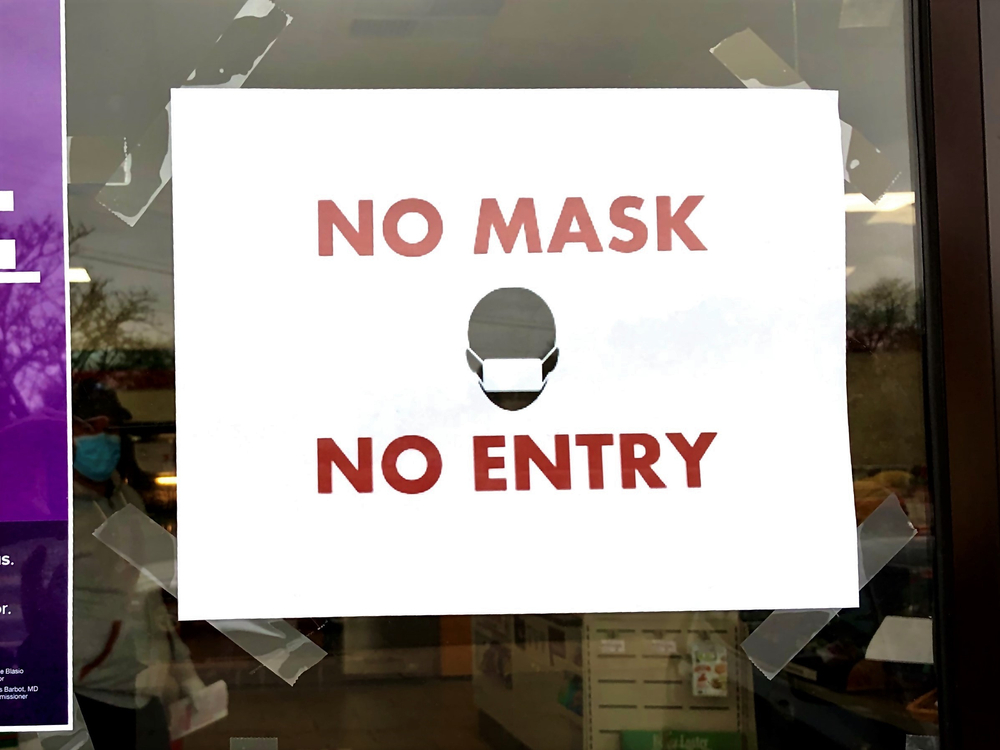Editor's note: This article originally published on June 16, 2020
“People who are age 65 or older these days have a 70 percent chance of becoming incapacitated (mentally) sometime before they die,” said Bill McQueen, an estate planning, probate and trust attorney in St. Petersburg, Fla.
Additional Resources: Five types of advanced directives
It’s prudent to appoint a power of attorney who is authorized to make financial and other decisions while you, the principal, cannot have your cognitive abilities questioned. If the process happens after mental capacities start failing, instead of choosing a power of attorney, a guardian must be appointed by the court. The process is harder emotionally and more expensive than designating a power of attorney.
RELATED: Noncompete agreement can make your job search more complicated
RELATED: Your privacy is disappearing, and you’re helping it along
Say an older individual is trying to sell property or enter into a contract for employing a caregiver; if the person on the other side of the negotiating table questions their mental capacity, they would want a power of attorney to conduct the transaction.
“If there is no power of attorney acting on their behalf, (the principal) has to be declared legally incompetent so a guardian can be appointed by the court,” said Louis Wooten, business, tax and estate attorney, in Raleigh, N.C. “This means filing a petition for incompetence with the clerk of court. Experts (who have evaluated the person) will come in and talk about mental capacity. It’s so undignified.”
Once a judge deems the person incompetent a guardian will be appointed. A guardian, typically the principal’s family member who might have been the power of attorney, is held to stricter guidelines.
“As a guardian, they have to account for all activities — every penny that comes in and goes out — to the court,” Wooten said.
He has refrained from drawing up documents for a power of attorney on several occasions.
“The standard for (cognitive) capacity is a gray area to begin with. If I have any doubt in my mind (about mental capacity), I have asked them to go get interviewed by a doctor,” Wooten said. “It’s an ethical call, really. And why should I have them sign something if it might not have any effect?”
Another family member, business partner, friend or neighbor can call the power of attorney into question a month, a year or 10 years later if it’s not clear cut at the time of the signing, he explained.
Most clients designate a power of attorney when they come in to do a will around the time their first child is born, Wooten said.
Wooten and McQueen have both drawn up documents for power of attorney for adults as young as 18. This could come into play, for example, if the younger adult is injured or becomes ill and the parents making healthcare decisions disagree. The designated power of attorney would have final say in the matter, Wooten explained.
“Even though the parents still may be supporting their college-bound child financially, the parents no longer have any legal rights to handle medical, financial or legal matters for the child. However, the parents can be the durable power of attorney and healthcare surrogate for their young adult child so the parents then have legal authority to talk to the infirmary or doctor or whatever the situation is,” McQueen said. “They even can include language that they can look at school records, too.”
A healthcare surrogate usually goes hand-in-hand with a power of attorney.
“A living will is only about end of life decisions,” Wooten said. “A healthcare surrogate can make decisions for someone about all medical questions.”
He stressed that anyone appointing a power of attorney and healthcare surrogate should choose someone they trust not only with their finances, but also their life.
Attorneys typically charge $150 to $500 for a durable power of attorney, often including a healthcare surrogate or other advanced directives.
There are numerous templates for various powers of attorney online that can be printed for free and notarized at a lower cost. Note that these documents are state law specific. The execution requirements vary as some states require the documents to be notarized and/or witnessed.
Comfort levels vary, Wooten said. The advantage of working with an attorney is they will file the documents with the clerk of court, keep records in their files and be on hand for advice.
Contact Katherine Snow Smith at [email protected]. Follow her on Twitter at @snowsmith.














